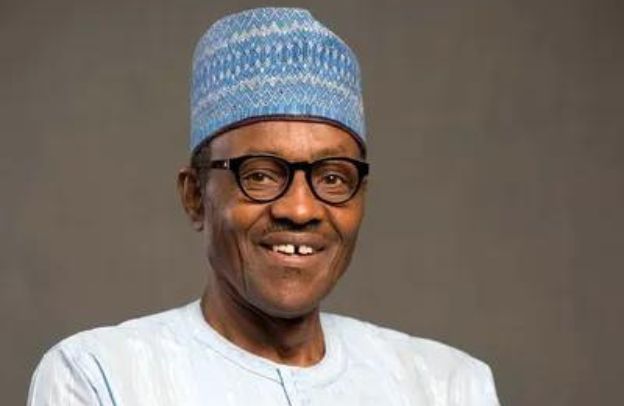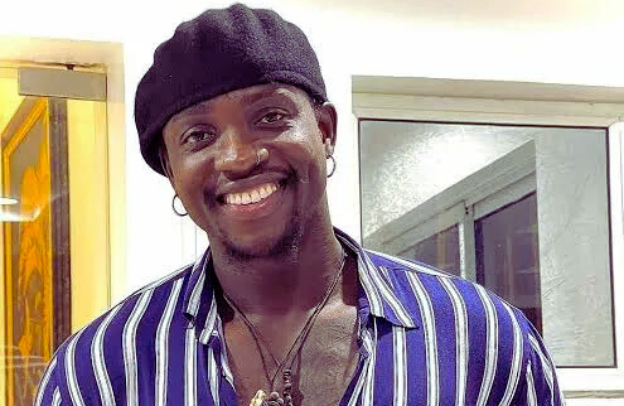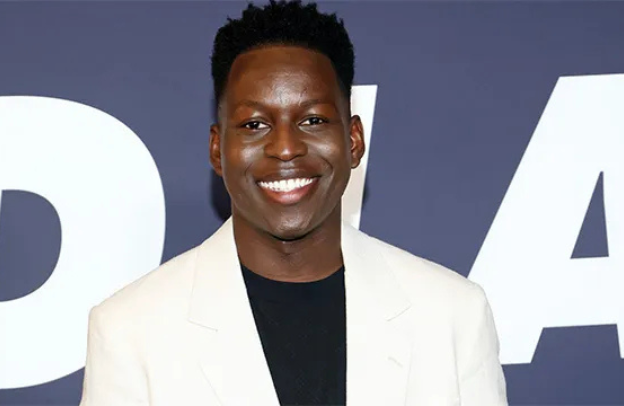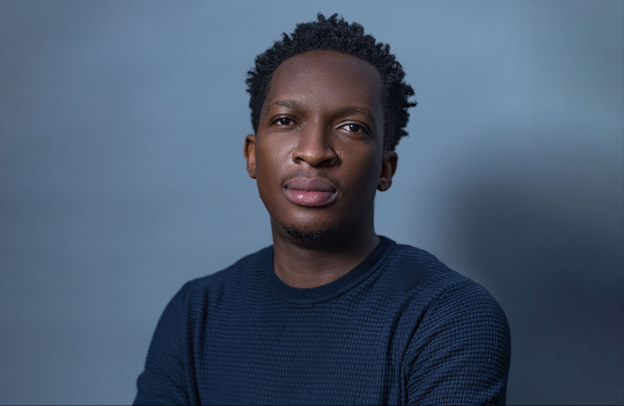General Mohammadu Buhari, 7th and 15th President of Nigeria

General Muhammadu Buhari’s military regime in Nigeria is etched in the nation’s history as one of the briefest yet impactful periods of governance. His ascent to power in 1983, marked by the ousting of the civilian administration led by Shehu Shagari, was a response to the pervasive corruption and economic challenges that had plagued Nigeria. This pivotal moment ranked him into the role of the seventh head of state of Nigeria.
Want to learn more about storytelling? Start by downloading the first chapter of The Storytelling Mastery for Businesses.
Buhari’s governance was characterized by a distinct policy framework known as “Buharism.” This approach reflected his strong-willed and autocratic leadership style, which aimed to tackle the multifaceted problems afflicting the nation. At the heart of Buharism lay a commitment to combating corruption and inefficiency, principles that were desperately needed in Nigeria as the nation grappled with systemic issues.
The Nigeria that Buhari inherited was one marred by deep-rooted corruption, a struggling economy, and social unrest. During his tenure as the head of state, he embarked on a mission to restore stability to the nation. This mission encompassed economic reforms, anti-corruption measures, and a focus on discipline in governance and public life.
Check out our Life & Legacy Series to read more about similar stories.
Buhari’s leadership during this tumultuous era was marked by a resolute determination to bring about positive change. His policies, though met with mixed reactions, aimed to root out corruption and instill a sense of discipline in the Nigerian populace. These efforts, however, were not without controversy, and his rule faced criticism from various quarters.
His Early Life And Family Background
Muhammadu Buhari’s life journey is a fascinating tale of humble beginnings and a remarkable rise to prominence. Born on the 17th of December in 1942, Buhari hails from a Fulani family deeply rooted in the northern region of Nigeria, specifically in Katsina State.
His family heritage is a blend of cultures, with his father, Mallam Hardo Adamu, occupying a prominent chieftaincy position within their society, and his mother, Zulaihat, having ancestral ties to both the Kanuri and Hausa tribes.
Being born into a polygamous family, Buhari came into the world as the twenty-sixth child, surrounded by the love and complexities of a large family. Tragically, his father passed away when he was just a young child, not more than four years old. This early loss meant that Buhari had limited memories of his father. It also placed a significant burden on his mother, Zulaihat, who assumed the challenging role of raising and providing for her son, ensuring he had the opportunities he deserved.
Buhari’s educational journey began in the town of Daura, where he attended elementary school. As he progressed in his studies, he moved on to middle school in Mai’adua, an important period in his formative years that laid the foundation for his intellectual growth. Later, he continued his education at Katsina Provincial Secondary School, where he successfully obtained his West African School Certificate (WASC), marking an essential milestone in his academic path.
However, it was in 1963 that Buhari embarked on a different trajectory, enrolling in the Nigerian military training school. This decision marked the commencement of his military career, a path that would eventually lead him to become one of Nigeria’s most prominent military figures and statesmen.
Buhari’s military career and his trajectory to leadership
His entry into the military realm commenced with his enrollment in the prestigious Nigerian military training school, a hallowed institution that would later evolve into the renowned Nigerian Defense Academy (NDA). This pivotal moment in his life set the stage for a remarkable trajectory in the realm of military service.
The year was 1963 when Buhari’s exceptional potential was recognized, and he was handpicked to participate in the rigorous officers’ cadet training program, a training upheld at the esteemed Mons Officer Cadet School in Aldershot, England. This experience provided him with a solid foundation in military strategy and discipline.
However, Buhari’s quest for excellence did not stop there. He continued to invest in his military education and skills, demonstrating a thirst for knowledge and a relentless pursuit of mastery in his field. It was during this time that he undertook the challenging Mechanical Transport Officers’ Course at the renowned Army Mechanical Transport School in Borden, England.
As his military career progressed, Buhari’s leadership abilities shone brightly. He assumed the role of commander of the second infantry battalion, where he undoubtedly left an indelible mark with his strategic acumen and unwavering dedication to his troops.
He displayed his military strength during the period of civil war having been assigned a special battalion. He was among the troops that led an invasion in most of Biafra’s land, crippling the Biafran army. The display of his might, however, exceeded that of the civil war as in 1975, Buhari was among the military troops that laid a coup that ousted Yakubu Gowon from office, installing Murtala Mohammed.
His strings of efforts during the military coup of 1975 were not without a reward. Buhari during Murtala Mohammed’s stint in office was appointed the head of Federal Commission for Petroleum and Natural Resources. He equally served as the head of the Nigerian National Petroleum Corporation (NNPC) until 1978.
The corruption issues that pervaded the second republic were tackled when Buhari was appointed the head of state of Nigeria after the major military coup of 1983. He established stringent laws used commonly known as the “War against indiscipline” to fight against the orgy of corruption practices in both government departments and private sector.
Buhari’s presidency in Nigeria was marked by a series of determined efforts to rejuvenate the nation’s economy, which had been plagued by a multitude of challenges. His administration implemented policies aimed at not only stabilizing but also transforming the economy into a more self-reliant and resilient entity.
One of the key pillars of his economic strategy was the promotion of self-employment and import substitution industrialization, both of which were intended to encourage the consumption of locally produced goods and, in turn, reduce Nigeria’s dependence on imports.
Under Buhari’s leadership, there was a significant shift in government fiscal policy. His administration was resolute in curbing excessive government expenditure, a move aimed at reining in the budget deficit and promoting fiscal responsibility. This austerity approach was part of his broader strategy to keep in check the government operations and ensure that public funds were used more efficiently and transparently.
In a pivotal moment, he severed ties with the International Monetary Fund when the request was made for Naira to be devalued to 60%.
Buhari’s Return To Power As A Civilian President
Following the return to civilian rule in Nigeria, Buhari had from 2003 to 2007 contested for elections which all didn’t work in his favor. However, he emerged successful after the 2015 general elections, defeating the incumbent president Goodluck Jonathan, something that had never occurred before in the country’s political history.
Towards the end of his first term as the country’s president, he contested for Presidency and smashed against his rivals. His term in office wasn’t smooth given the multitude of economic issues, insecurity, crumbling educational system, and whatnot that surfaced in the country.
These issues and the poor state of his health roughened his days in office until the 2023 election when he handed over power to Bola Ahmed Tinubu.
His Legacy And Remembrance
Buhari’s tenure in office has been marked by a series of controversies that have resonated deeply with Nigerians, spanning both his military and democratic rule. While his leadership has held the promise of transformative change for the nation, many citizens have expressed skepticism about the tangible progress achieved.
Want to learn more about storytelling? Start by downloading the first chapter of The Storytelling Mastery for Businesses.





